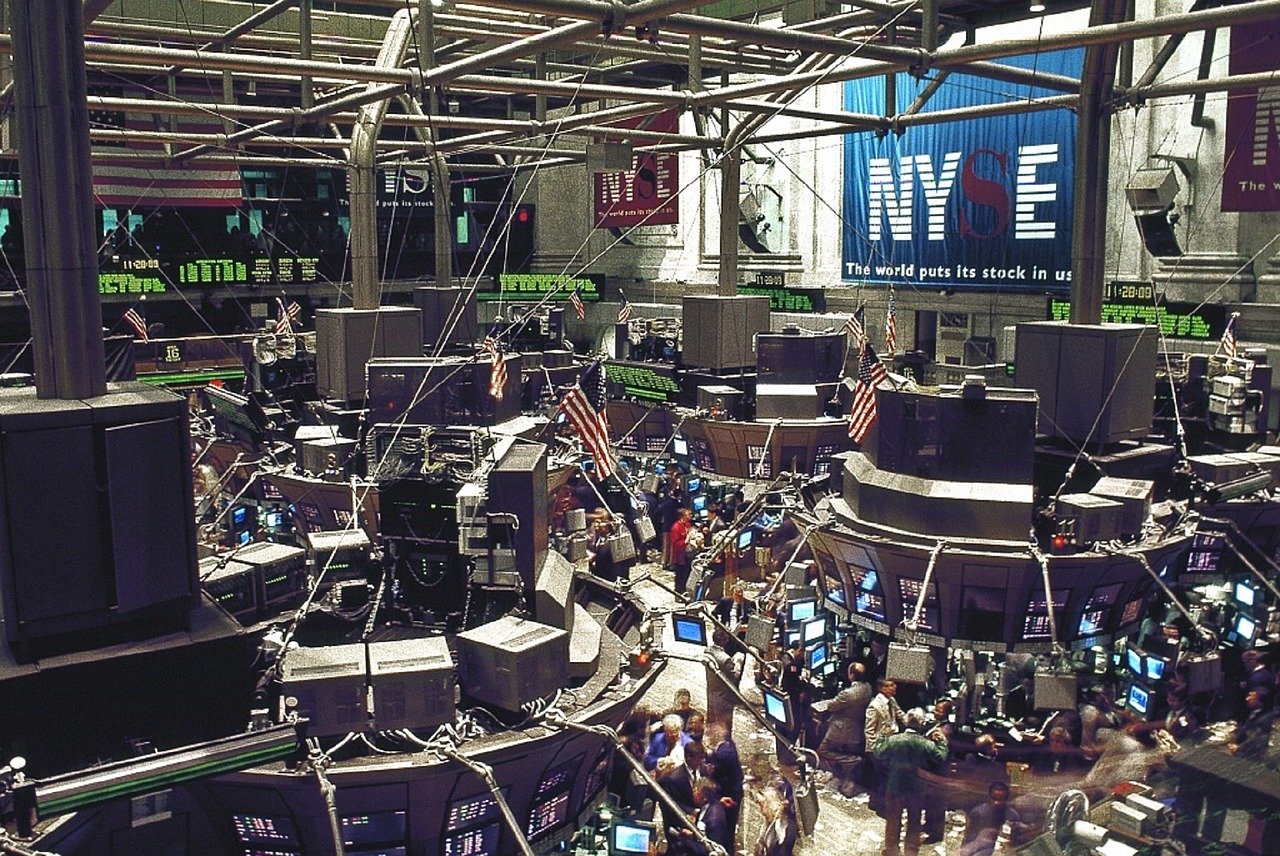In a shocking prediction, Societe Generale economist Albert Edwards has said that he believes in the near future the United States stock market will decline by a massive 75% from its peak. Edwards made the prediction, saying that the economy will fall into a recession caused by a weak output of manufacturing. After the major fall off, stocks would only be worth a quarter of what they were at their peak. Edwards believes that the stock market would dip even further below than the values during the 2008 financial crisis.
The idea is built around the belief that central bankers worked to inflate asset prices following the 2008 crisis and that they did not allow the stocks to hit their proper lows. Additionally, central banks created a massive debt bubble to expand in emerging markets. Now, there is pressure on emerging markets to devalue their currencies, which could result in a deflationary spiral and a major recession in the United States.
In the event that the predicted recession does hit, central banks would be largely unable to inflate stock prices. This would cause asset prices to fall tremendously. Edwards points to the weak manufacturing sector as a sign that this is about to occur. In the lead up to most recessions, the manufacturing sector typically brings down the less volatile services sector into a recession as well.
Edwards acknowledges that his prediction might seem overly extreme to most market analysts. However, he cites the fact that these same market analysts were adamant that major investment banks were “too big to fail” in the 2008 financial crisis. Very few people predicted the scope of the crash that would occur in 2008. If Edwards is correct, an even worse situation could be coming very soon. Time will tell if Edwards correctly saw the storm before it hit or if he’s just some crazed economist spewing doomsday theories.
Stay Connected